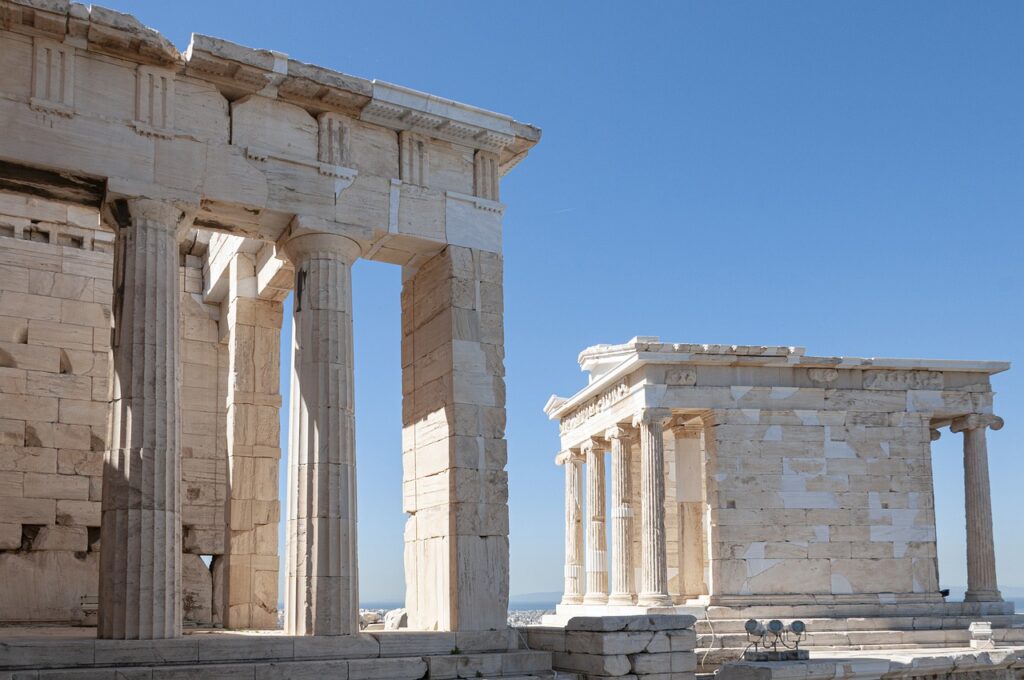All people are selfish, artists or not. This might sound like a hot take, but it’s actually trite: When all are something, nobody is. In other words, all people are selfish because that’s human nature – we are the center of the universe because that’s how we perceive everything – but the fact that there are degrees is what allows us to call someone selfish and someone else not.
Linguistic and metaphysical trickery aside, selfish artists are a peculiar concept because the nature of art itself (especially in connection with authorship) is as peculiar. By its nature, art isn’t quantifiable, whereas artists are humans with intense desire to quantify everything.
Do artists have social responsibilities? That’s a question we’ve wondered about. Selfish artists, as a concept, is somewhat relevant to that question, but not entirely. The topic boils down to the degree an artist respects the art, their work, and ultimately themselves.


